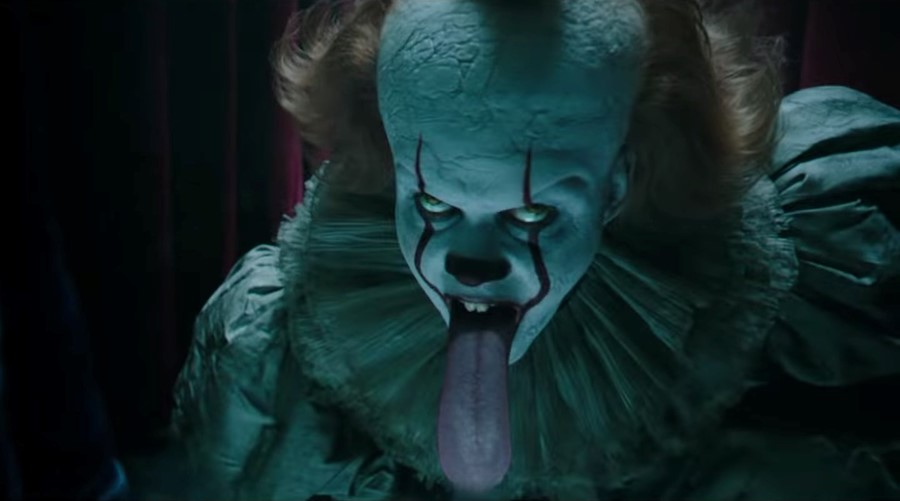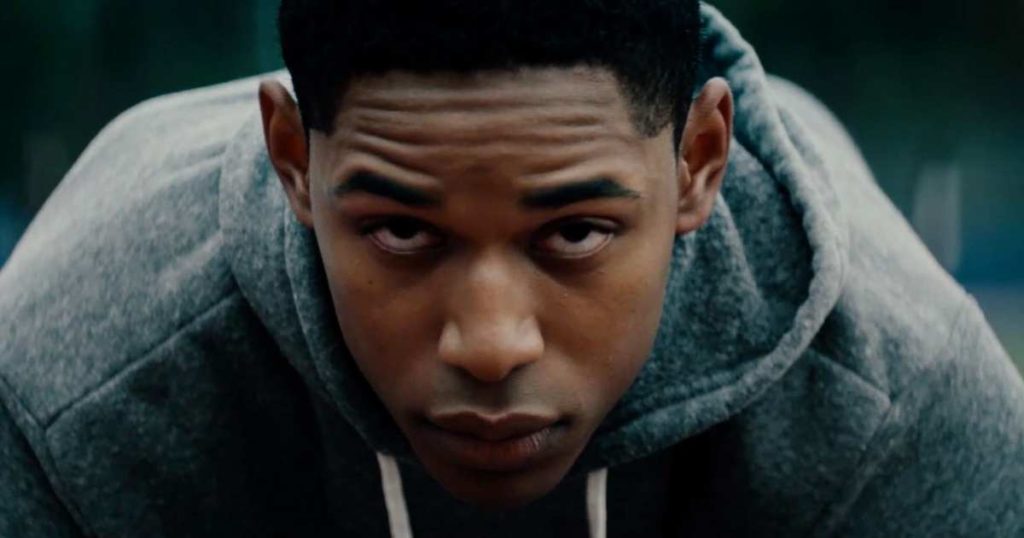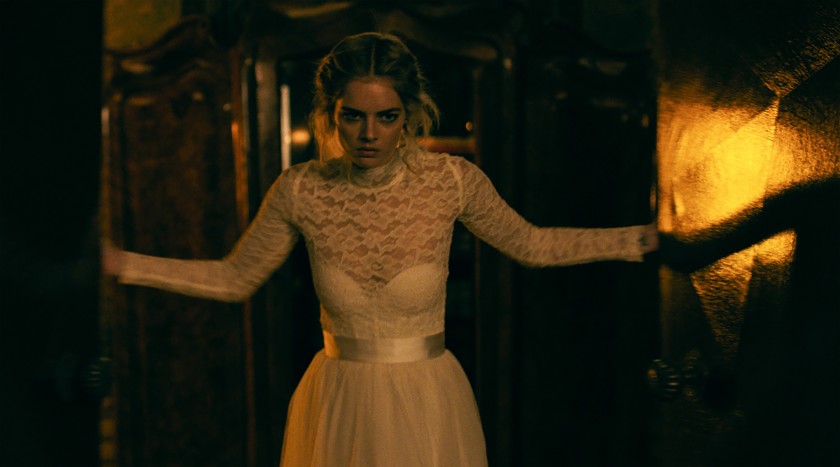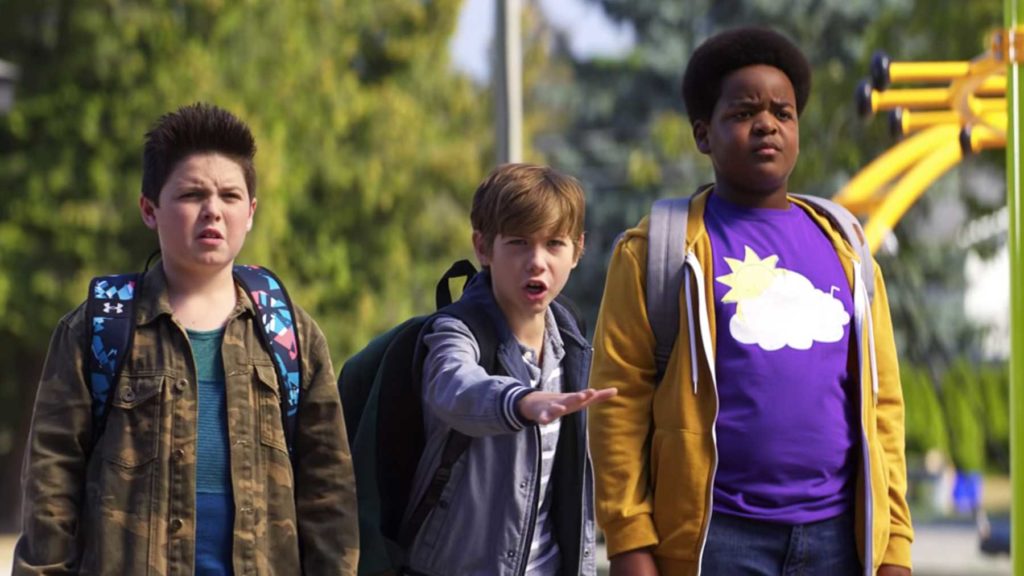Hustlers: The American Dream, Stripped to Its Core

In the midst of issuing a pep talk to his gang of ravenous stockbrokers in The Wolf of Wall Street, Leonardo DiCaprio’s Jordan Belfort equates his sleazy brokerage firm with America itself. “This is the land of opportunity,” he proclaims to the phalanx of slickly dressed, amoral sycophants arrayed around him on the umpteenth floor of a Manhattan high-rise. Hustlers, the robustly entertaining new movie from Lorene Scafaria, is in some ways a distaff spin on Wolf and other Scorsese flicks, seeing how it revels in greed, glory, and excess. But it’s also something of a rejoinder, a reminder that the ever-elusive American dream—in all its triumph, danger, and venality—isn’t just reserved for rich white men, but is feverishly sought by all corners of society. Here, the predatory goons from Wolf have become the marks, and the ornamental women who festooned its various bacchanalia are now the enterprising ringleaders.
Hustlers establishes its dual intentions with its very first shot, a fluid oner that follows Destiny (Constance Wu) as she exits the dressing room at a gentlemen’s club and strolls onto the main floor, along with her comrades in armless evening wear. At first, the tone is one of boisterous enjoyment: The costumes are sexy, the music is catchy, and everyone seems to be having a good time. But when the tracking shot ends and the cutting begins—first gradually, then with greater speed—the cheerful atmosphere begins to curdle, Destiny’s plastered smile occasionally slipping into a grimace as she is (literally) manhandled or (perhaps worse) ignored by her callous clientele. By the time we see her regurgitating half her tips to managers and bouncers, Scafaria has efficiently established the work of an exotic dancer as just that, work: long, hard, and decidedly unglamorous. Read More




